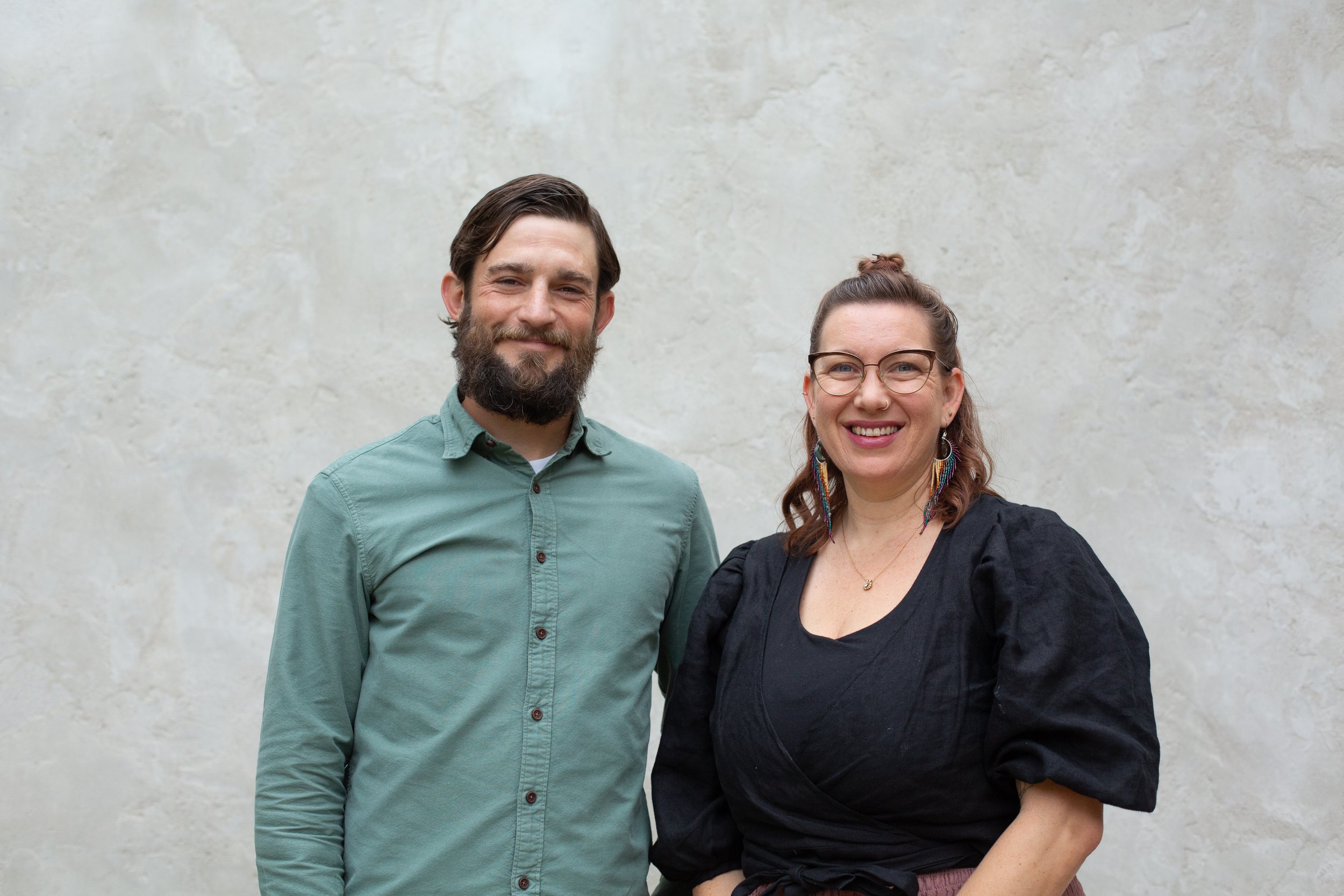My Journey with Hungry Ghost Syndrome.
For over two decades, alcohol was my escape. But my “hungry ghost” showed up in many forms, overeating, impulsive behaviors, drugs, and sex. At the root of it all was a profound loneliness—a sense of disconnection from myself, others, and the world. No external fix could fill that emptiness.
In Traditional Chinese Medicine (TCM) and Daoist philosophy, this is known as Hungry Ghost Syndrome. It’s a state of energetic and spiritual imbalance that creates insatiable craving, often seen in compulsive behaviors, addictions, or spiritual disconnection.
People struggling with this face a twofold challenge: endless desire and inability to truly receive nourishment, meaning cravings, whether for food, substances, sex, attention, or material things, remain unsatisfied.
Common Symptoms of Hungry Ghost Syndrome
Compulsive craving (food, substances, sex, attention, power, etc.)
Persistent emptiness or loneliness
Anxiety, agitation, or insomnia
Physical signs: red eyes, dry mouth, bitter taste
Palpitations or sensations of “heat rising”
Difficulty feeling grounded or nourished
Severe cases: hallucinations, manic behavior, or recurring addiction cycles
My Healing Journey
Recovery has been multifaceted:
Therapy and spiritual practices
Meditation with binaural beats
Brain-supporting supplements
Whole foods diet
Consistent exercise
Even years into sobriety, the “hungry ghost” sometimes creeps back, especially around overeating. These moments remind me to tend to the deeper parts of myself and cultivate gratitude, connection, and awareness of the support around me.
“Whenever people are bound by greed, anger, delusion, or craving, it is all a sickness of ghosts.”
Integrative Healing at Lawrence Acupuncture
At Lawrence Acupuncture, Seth Ebel and I approach Hungry Ghost Syndrome holistically:
Acupuncture: “Ghost points” and spirit-level points calm the Shen (mind/spirit) and clear heat or stagnation.
Herbal medicine & supplements: Support brain chemistry, reduce cravings, and encourage new, healthy patterns.
Lifestyle integration: Therapy, meditation, nutrition, and spiritual practices.
Holistic care helps create lasting balance, connection, and wholeness.


